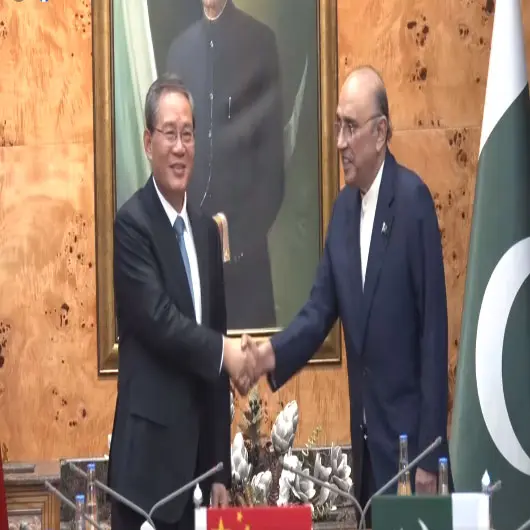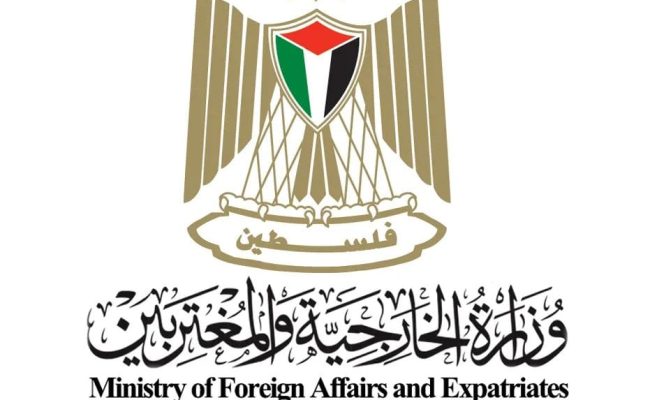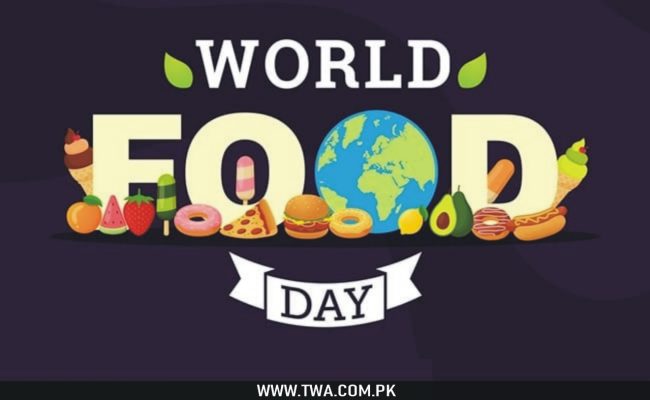By The World Ambassador
TWA
______
On the occasion of World Food Day, Major General Masud Ur Rehman Kiani underscored the critical role of government in making healthy food accessible to all. He highlighted alarming health statistics, stating, “Pakistan is facing a health crisis, with 33 million diabetics and another 10 million on the brink of the disease, as reported by the Iwwwßwwwwwàßqa conditions are becoming part of everyday life.”
Maj Gen Kiani called for urgent collective action to change harmful eating habits, starting at the individual level. He stressed the need to embrace healthier choices: “We must focus on home-cooked meals, reduce our intake of salt, sugar, and oil, opt for water over sugary drinks, and prioritize fresh, unprocessed foods.”
Munawar Hussain, Country Coordinator for GHAI, warned that Pakistan’s food and health landscape is dire. He cited the increasing prevalence of non-communicable diseases (NCDs) linked to the widespread consumption of ultra-processed products (UPPs). Over 41% of adults in Pakistan are overweight or obese, with more than 33 million living with diabetes. If immediate policy action is not taken, this number will escalate to 62 million by 2045.
Hussain emphasized that UPPs, loaded with excessive sugar, salt, and trans-fats, are a major driver of NCDs. He urged the government to take decisive action, including raising taxes on these harmful products and introducing mandatory front-of-pack warning labels. “These measures have proven effective globally and are essential to reduce consumption of unhealthy foods in Pakistan.”
Sana Ullah Ghumman, echoing the theme of World Food Day 2024, “Right to Food for a Better Life and a Better Future,” called for stronger government regulations. “The government must lead the charge in addressing the food crisis with stronger policies, including clear front-of-pack
warning labels on unhealthy foods and public health campaigns to raise awareness,” he stated.
Ghumman further called for an increase in taxes on ultra-processed products, stressing that these non-essential items not only deteriorate public health but also strain the healthcare system. “Taxing UPPs will yield triple benefits: enhanced government revenue, reduced healthcare costs, and a healthier population.”
In light of the current fiscal challenges, where the government is exploring options to address tax shortfalls, Ghumman suggested that taxing unhealthy products in the upcoming supplementary finance bill could both increase revenue and relieve the national health burden.

















